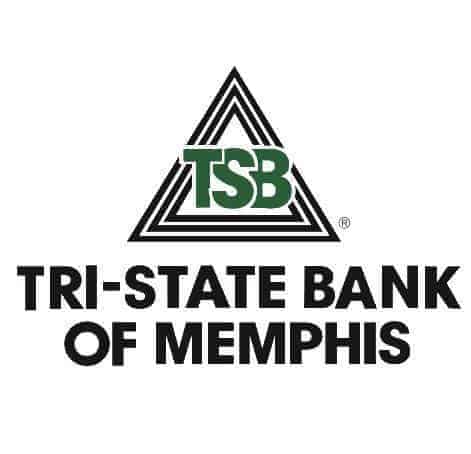Tri-State Bank of Memphis was founded in 1946 by the late Dr. J. E. Walker, and his son, the late A. Maceo Walker. They dreamed of a bank, which would constructively change community conditions. Led by the late Jesse H. Turner, the bank developed innovative financial and community service.
Tri-State Bank of Memphis pioneered signature loans, real estate loans, and church loans to blacks – without a special endorsement. Perhaps the most far-reaching impact was that of homeownership. Prior to Tri-State’s existence, it was difficult for blacks to make loans on their homes or toward the purchase of homes. In its first ten years, in excess of $10 million of first mortgage loans on homes were made. This $10 million figure represented homeownership for over 2,000 black families.
Tri-State Bank of Memphis also played an important role in the civil rights struggles of the 1950s and 1960s. Local sit-ins were planned in the bank’s boardroom, and bank officials kept the vault open one night to provide bail money for protesters.
When the Lorraine Motel, site of the assassination of Dr. Martin Luther King, was faced with foreclosure in 1982, Tri-State Bank provided $60,000 in loans to help save the facility. The motel became the National Civil Rights Museum. The Bank has provided loans to other community organizations and historically Black colleges from Tennessee to Texas.
With initial assets of only $240,000, the bank’s assets have increased to $146 million. From one small building and five employees, the bank has 1 branch location, 1 operation location, and 25 employees. Tri-State Bank of Memphis has used its resources to change conditions within its communities by enabling, enriching, and enhancing the dreams of its customers.
Tri-State Bank of Memphis – Mission Statement
The mission of Tri-State Bank of Memphis is to provide the communities we serve with financial solutions that transform them for the better.
We are a Community Development Financial Institution (CDFI).

















